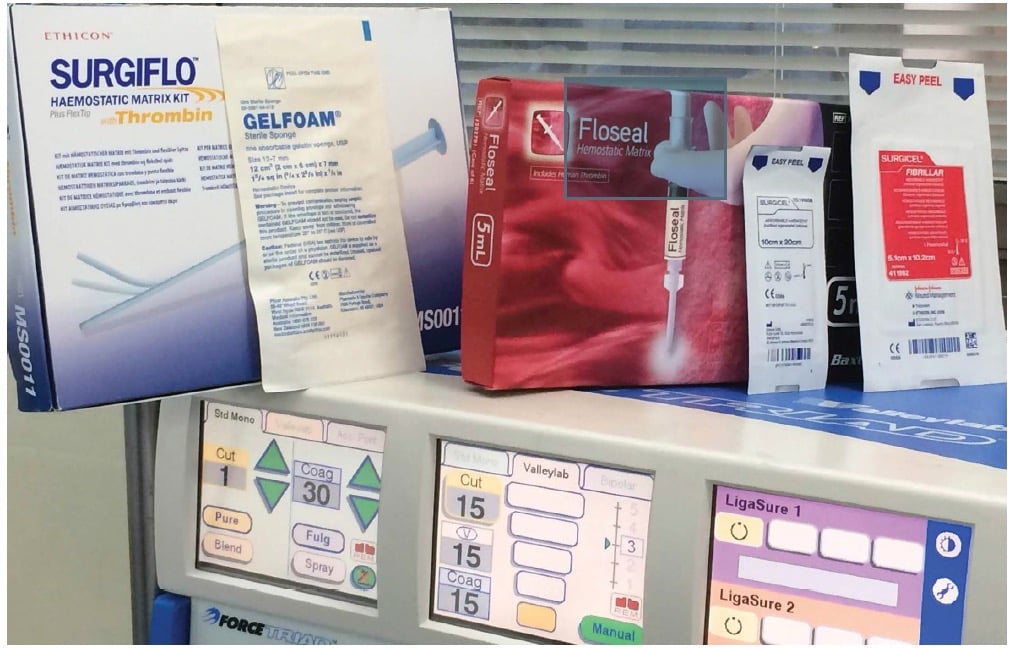The phonies "are made to look like authorized tests so the users will think they are the real, FDA-authorized test," the FDA said in a statement about the fakes. "The FDA is concerned about the risk of false results when people use these unauthorized tests."
If you get a false reading that you don't have the coronavirus, you could inadvertently infect others at home, at work or in medical and long-term care facilities. Also, you might not seek or could discontinue treatment for COVID-19, the agency explained.
Two fakes the FDA knows of are counterfeit Flowflex COVID-19 test kits and iHealth Antigen Rapid Test Kits — you can find more details on how to spot the fakes at the FDA statement. The package and components of the Flowflex imitation could easily mislead consumers looking for the authorized Flowflex test.
The FDA has a list of authorized at-home OTC COVID-19 tests. It is not aware of any counterfeit tests distributed by federal government test distribution programs.
What should you do if you have one?
If you suspect you have a counterfeit test, do not use it. Contact the distributor or store where you bought it to tell them that you have a counterfeit test, and also inform the manufacturer of the authorized test, the agency said.
The manufacturer may ask for additional information such as photos of the packaging to further investigate the issue. After providing any requested information to the distributor and/or manufacturer, follow the manufacturer's instructions for returning or disposing of the test.
Talk to your health care provider if you think you were tested with a counterfeit test and you have concerns about your results, the FDA advised.